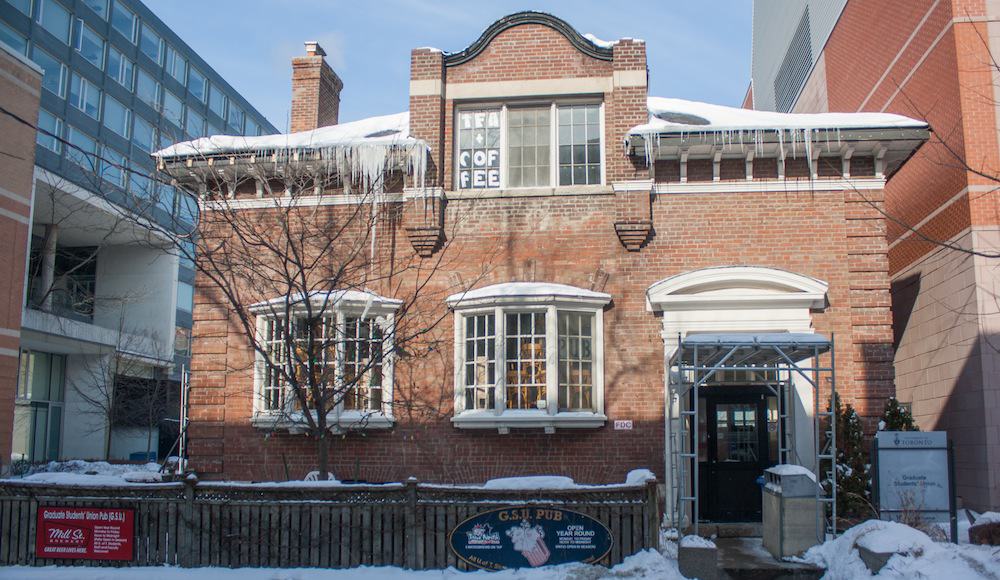Polls for the Graduate Students’ Union (GSU) executive election closed this Thursday, and the results are out. Procedure mandates that the results be ratified by GSU council members before they are considered official. The next GSU meeting is slated to take place at the end of March.
Only two positions were contested: external commissioner, and academic and funding commissioner. External commissioner was determined by just two votes, with Leah Bender edging out Bethel Woldemichael. As external commissioner, Bender will supervise lobbying efforts and the organization of any campaigns the GSU involves itself in.
Hussain Masoom succeeded in his bid for academic and funding commissioner Div. 3 & 4 against Michael Jones, a fellow PhD chemistry student. Masoom will have the same responsibilities as Walter Callaghan, who won in the physical and life sciences division.
Susanne Waldorf will return as civics and environmental commissioner, focusing on civic engagement and the promotion of environmental responsibility. Soleaha Shams will become the finance and university governance commissioner. She will be required to oversee audits and liaise with the university administration on financial issues.
The position of internal commissioner will be filled by Nickie van Lier, for which she will act as a go-between with course unions. Callaghan will assume the role of academic and funding commissioner in division 1 & 2. He will focus on representing academic and funding concerns to faculty in the humanities and social sciences division.
Reflecting on the election process, chief returning officer Natasha Jamal expressed concern for the lack of student engagement. Out of a membership of over 15,000, less than 200 students voted. Low voter turn-out is a problem the GSU has often faced. “This year’s turnout is consistent with previous years’ turnouts,” says Jamal. Her concern stems from the lack of success targeted GSU initiatives had in countering voter apathy this year. “We had invested time and resources in Election Engagers with the hope of bringing out more people to vote,” she continued.
The results of Elections Engagers showed that students were predominantly too busy to vote, did not know why the elections mattered, or did not feel connected to any of the candidates.
Jamal believes that this is part of a larger problem. “This perceived disengagement…is really a systemic issue as more and more graduate students are finding that they have less time to inform themselves on what’s happening on campus beyond their academic studies,” she says.
Jamal reflects that this lack of engagement perpetuates the inability of graduate students to improve their situation. “I don’t see how else graduate students can better their lived realities unless they are able to understand the importance of their involvement and find whatever time they can to serve in what little institutional spaces they have voices and autonomy in,” she remarks.
Official election results will be announced by the GSU at the end of March.


